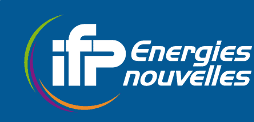Reducing the number of experiments required for modeling the hydrocracking process with kriging through Bayesian transfer learning
Résumé
The objective is to improve the learning of a regression model of the hydrocracking process using a reduced number of observations. When a new catalyst is used for the hydrocracking process, a new model must be fitted. Generating new data is expensive and therefore it is advantageous to limit the amount of new data generation. Our idea is to use a second dataset of measurements made on a process using an old catalyst. This second dataset is large enough to fit performing models for the old catalyst. In this work, we use the knowledge from this old catalyst to learn a model on the new catalyst. This task is a transfer learning task. We show that the results are greatly improved with a Bayesian approach to transfer linear model and kriging model.
Origine : Fichiers produits par l'(les) auteur(s)
Loading...
